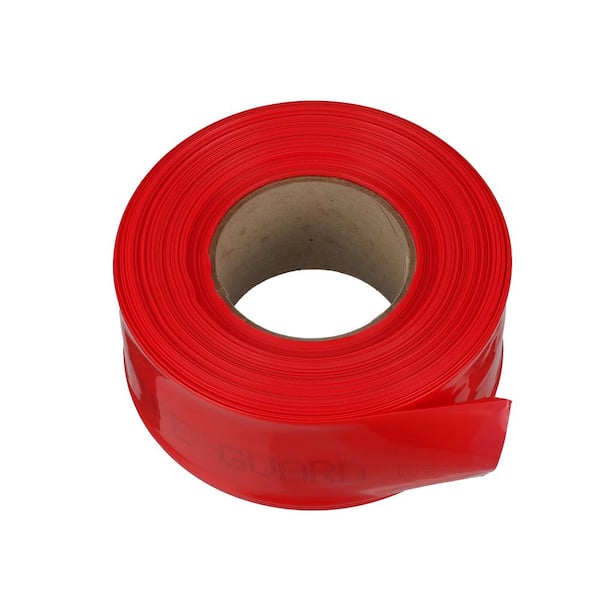
$12.40
- Polyethylene sleeve helps to prevent corrosion
- Ideal for use with hot water lines
- Compatible with copper and plastic pipes
- View More Details
Free & Easy Returns In Store or Online
Return this item within 90 days of purchase.

Return this item within 90 days of purchase.